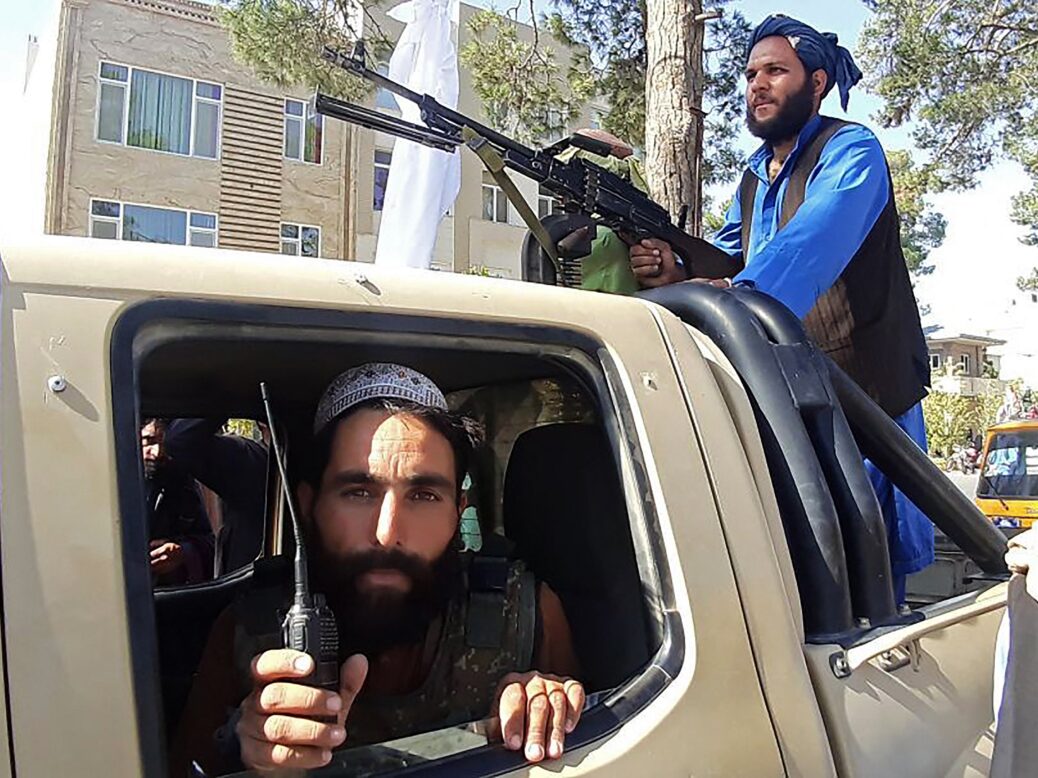
I am writing this column on Friday 13 August on a flight from Kabul to Istanbul. Herat and Kandahar, two major cities in Afghanistan, have just fallen to the Taliban and Kabul seems certain to fall as well, perhaps within a week. For many days, the critical question has been: when will Kabul fall? “Certainly in September,” one diplomat said soon after I arrived in the capital last week. By the next day, even this prediction seemed optimistic. The Afghan state is not so much collapsing before our eyes as revealing itself as a fiction.
In Kandahar, I’m told, there were supposed to be 13,000 policemen. In reality, there are only 900. The remainder? They were never hired in the first place or they left owing to lack of payment, the funds siphoned elsewhere. Corruption is widespread, and so too is dejection. The Afghan president Ashraf Ghani is almost universally reviled. One former Afghan official told me while I was in Kabul that the public “do not consider him an Afghan, they do not see him as a Muslim and they do not esteem him as a good human being”. From market traders to senior officials, the same feeling towards Ghani was expressed by everyone I met.



